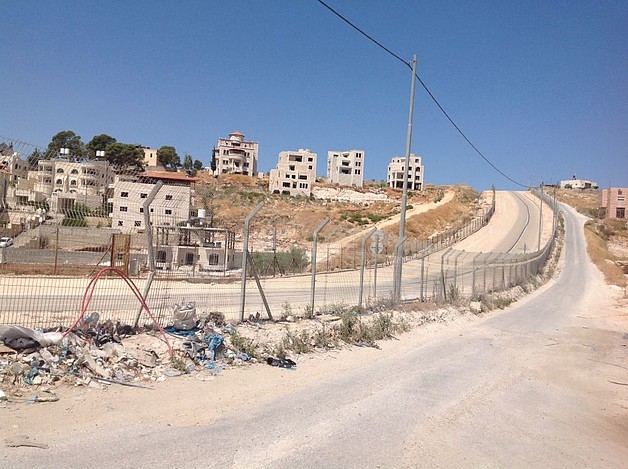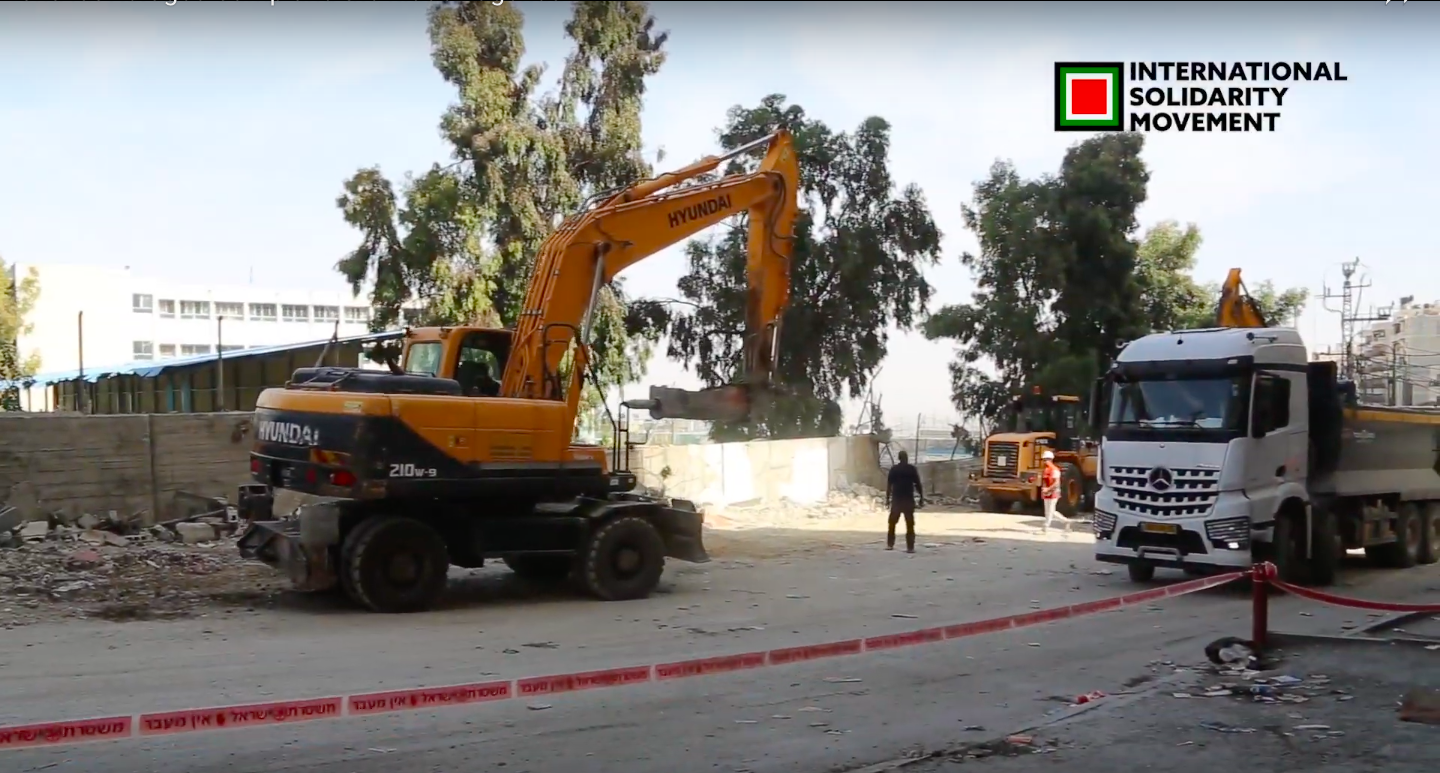Tag: Apartheid Wall
-
Mondoweiss: Israel is planning on demolishing dozens of East Jerusalem homes under PA control
July 18 | Yumna Patel | Mondoweiss In less than 24 hours, 42-year-old Ismail Obeidiya, his wife Nida, and their six kids, could be made homeless. It’s a terrifying reality that Obeidiya is struggling to grapple with, his unease and frustration more palpable with every word. “We fought so long and so hard, for years,…
-
Protesters break through replica of Apartheid Wall in Bethlehem symbolic run
Protesters gather for symbolic marathon near Apartheid Wall in Bethlehem June 19 2019 | International Solidarity Movement | Bethlehem, occupied Palestine Hundreds of people gathered in cities across the Palestinian Territories and England on Sunday June 15, to participate in a symbolic marathon in honour of the international right to freedom of movement. The project, called…
-
Shu’fat Refugee Camp and the hidden agenda
Recently, over 20 demolitions were carried out in the Shu’fat Refugee Camp by the Israeli Occupation Forces to make way for a wider road and inevitable future relocation of the residents of Jerusalem’s only refugee camp.


